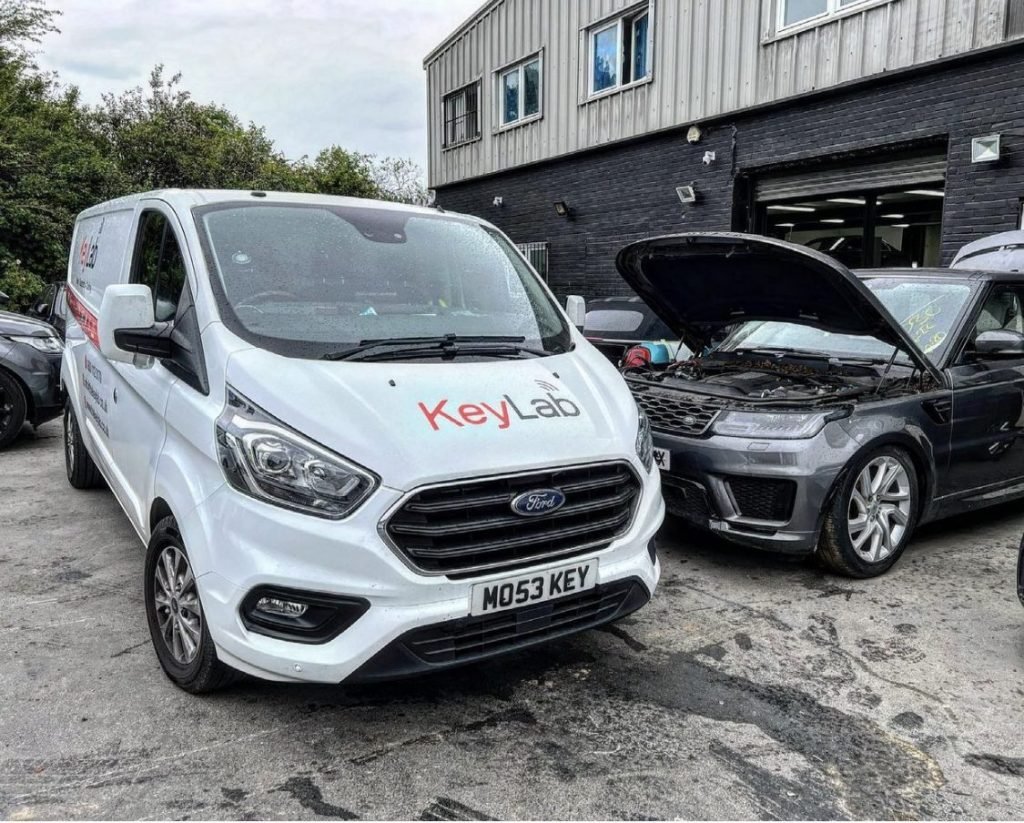What Is Car Diagnostics?
Car diagnostics is a procedure that can be used to identify the reason for a malfunctioning car. This includes analyzing all kinds of automobile equipment. However, it is more commonly used to refer to electronic-controlled vehicles. To determine if there are any problems the diagnostic procedure examines the fuel supply of your car as well as sensors, filters and filters. The software that manages your engine will search for codes that correspond to different components.
Check engine light
The Check Engine light signals that your car has problems. The light may flash or stay on steadily. It doesn't matter what the reason is, it's essential to have your car checked out by an experienced mechanic. You risk damaging your car’s emissions control system, including your catalytic converter if you don't address the issue.
To determine the cause of the check engine light, it is necessary to understand how cars operate. Cars have computers which communicate with their drivers through icons. The engine-shaped orange icon within the instrument cluster comes on when a problem is detected by the computer onboard. These issues can range from simple overheating , to more serious.
The check engine light signifies an issue with your car's emission control system. This is a sign there is an issue with the car's emission control system and can cause the car to be unsafe to drive. It is essential to fix it quickly or it can cause more damage and more costly repairs. While the check engine light isn't always a risk to drive on, it should not be ignored.
An OBD-II scanner can be bought if you are not certain what the issue may be. They can be costly, but they will provide you with an idea of what is wrong. They can assist you in deciding what you should do next in accordance with the severity of the problem. In the meantime, don't be worried when your car's check engine light comes on - keep calm, listen to the symptoms in your car, and make sure to get off the road as soon as possible.
Oxygen sensor tests
There are two main ways to test the oxygen sensors in your vehicle. To check the voltage of your oxygen sensor, first use an OBD2 scanner tool. If the sensor functions properly, the voltage will change from rich to lean with a steady speed. The voltage should range between 0.1 and 0.9 voltage. If it fluctuates, there could be a problem with the oxygen sensor.
If the readings remain constant, the oxygen sensor is operating properly. It should be between 100mV and 900mV. It should fall within the range of 100mV - 900mV. If it's lower than this, it is a sign of a problem. If the readings are higher than the range it is most likely that the sensor is malfunctioning. The next step is to disconnect the hose from the PVS valve. This will allow for lots of air to enter your engine.
A voltmeter is the ideal way to check the voltage in the O2 sensor of your car. You will need to use an o2 voltmeter that is of high-quality. This is because the voltage from your car's o2 sensor should be between one millivolt and one volt.
If you are unsure of the voltage, you can test it using the aid of a multimeter. The multimeter will give you the readings from the oxygen sensors located downstream and upstream. Before you test your multimeter, heat your vehicle. The voltage on the digital multimeter will swiftly fluctuate between 0.01 volt and 1.01 volt when it is warm. If the readings aren't in that range, the oxygen sensor could be failing.
Cost of diagnostics
When it is about the cost of car diagnostics, there are numerous factors that impact the final cost. Most issues are fairly simple however in some instances the complexity of a problem can be quite costly. For instance, you might discover that you must replace parts of your engine. If this is the case, you should seek an independent opinion. Be aware that certain auto repair shops charge you more for diagnostic tests. To avoid being taken engine diagnostic of, try to find an honest auto repair shop that has good standing.
In addition to the cost of the diagnostic test, you should keep in mind that you can purchase an online tool for car diagnostics for about $25. These diagnostic tools are similar to the ones used by mechanics as well as auto parts stores. These tools can help you pinpoint the issue prior to taking it to mechanic.
The costs for diagnostic tests is between $88 to $111 for a general diagnosis. The shop may ask for additional time or money to identify more complicated problems. These extra costs are usually lower than the cost for repair. These are just the beginning of the cost.
While the cost of a diagnostic test might be more expensive than other repairs however, it's important to realize that you're making a lifetime investment in your vehicle. Diagnostic tests for cars can assist you to identify a problem before it develops into an expensive expense.
Signs that your car's system is in trouble
The electrical system regulates the lights and is among the most important parts of the automobile. The lights help keep drivers safe and illuminate the interior, particularly at night. If your lights suddenly stop working or become dim it could be due to an issue with your electrical system. This could be a sign of a dying battery, or an alternator belt that needs replacement.

